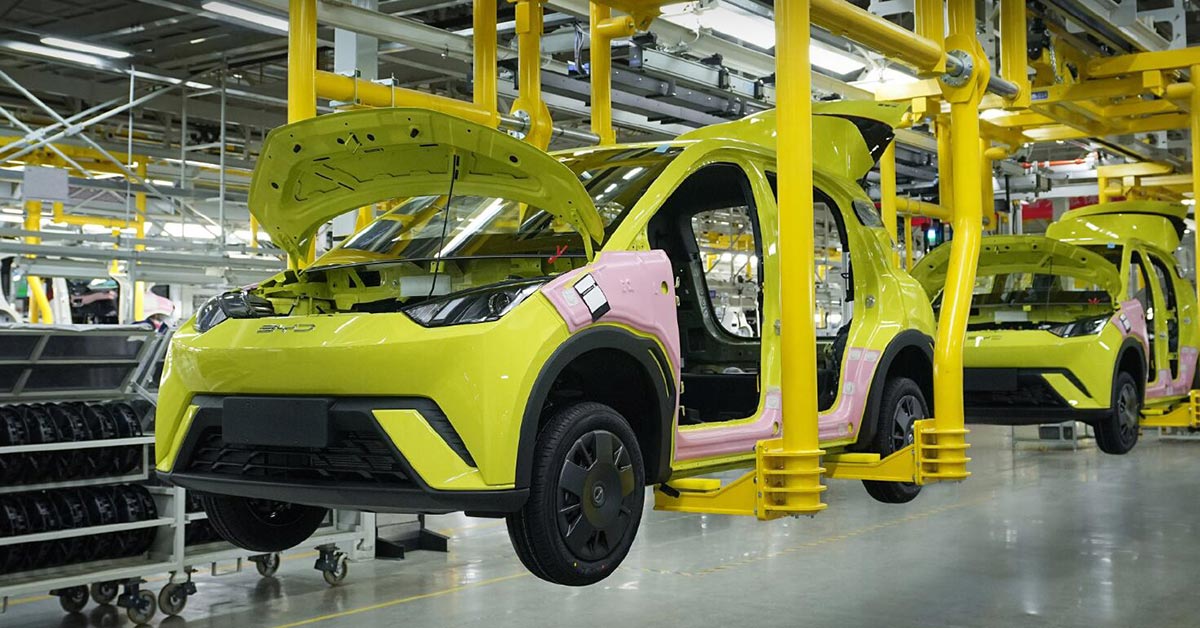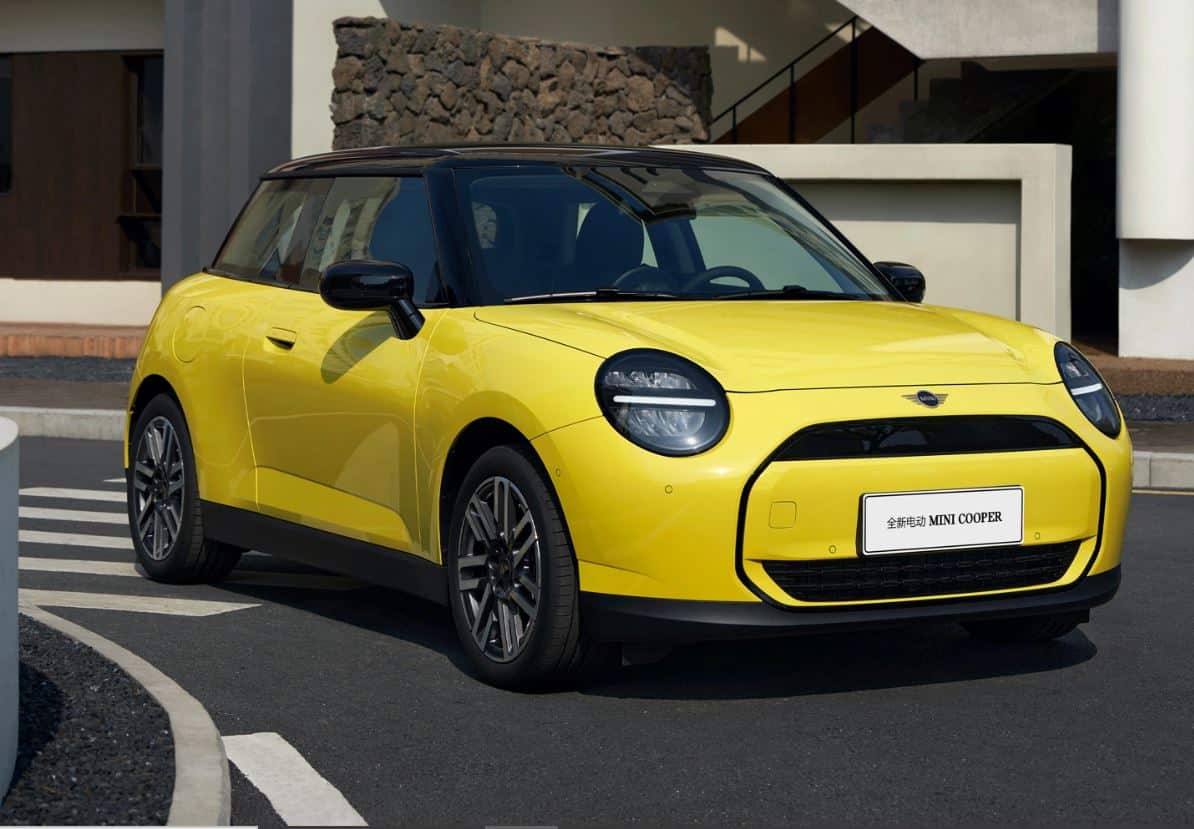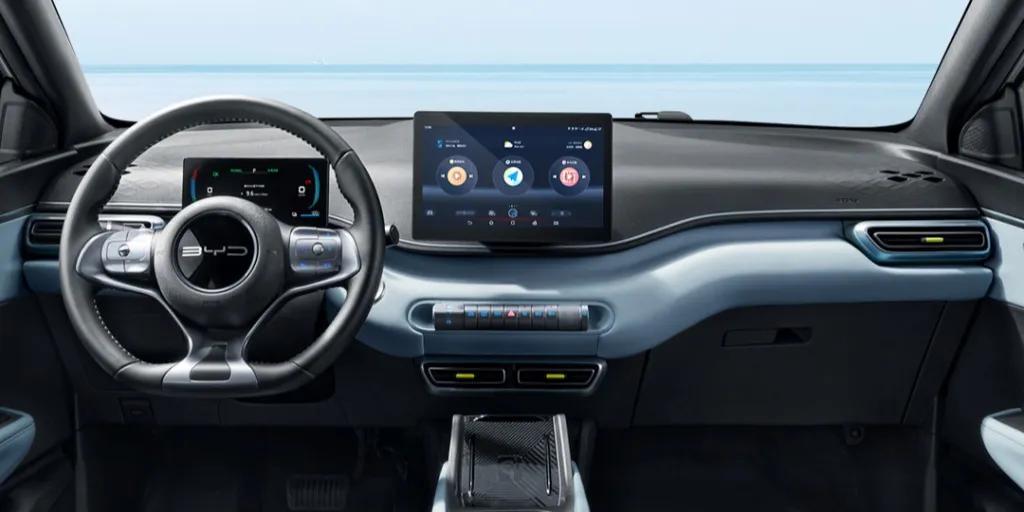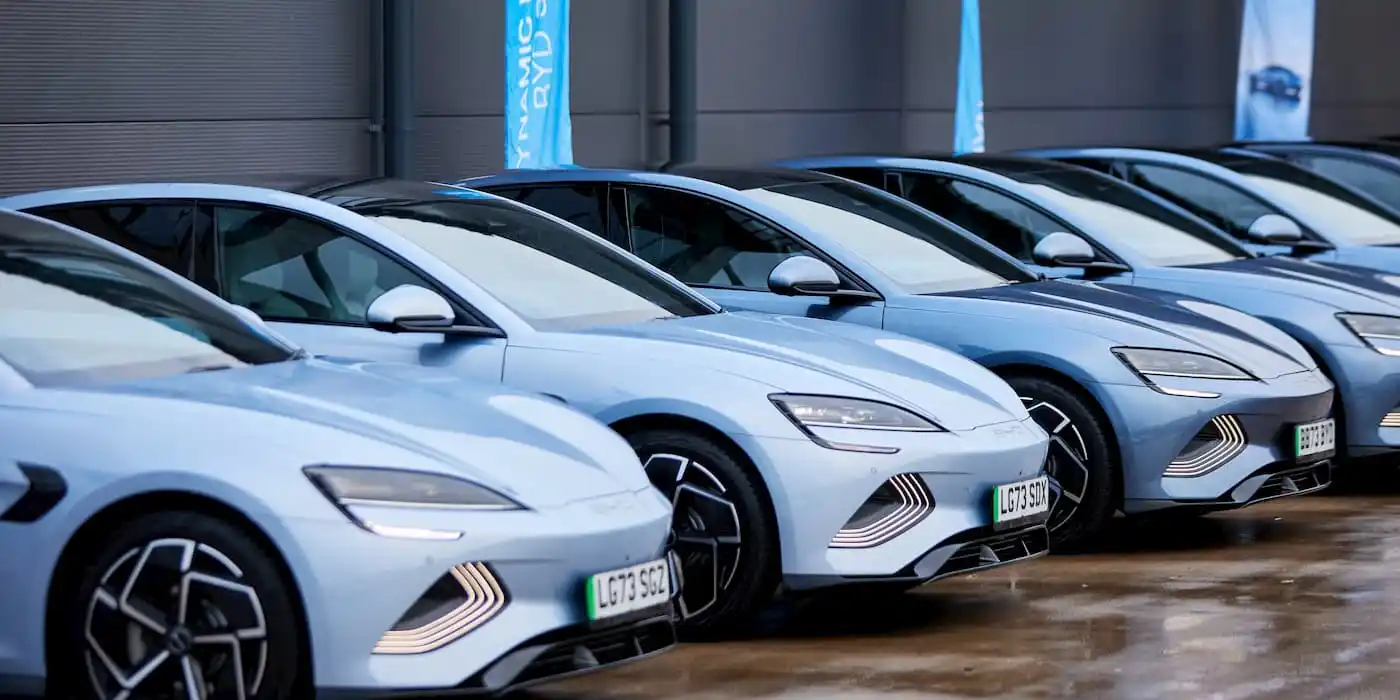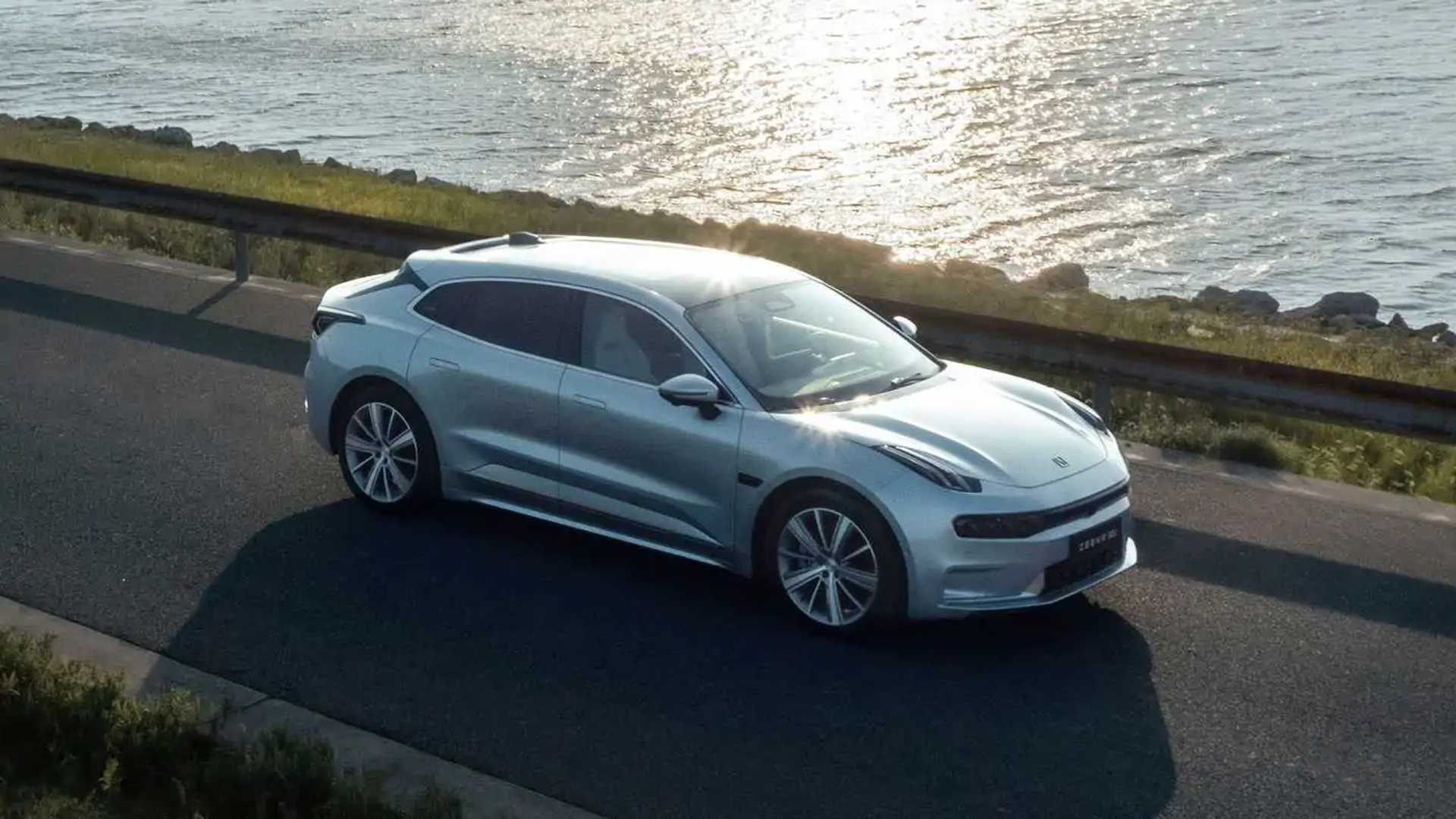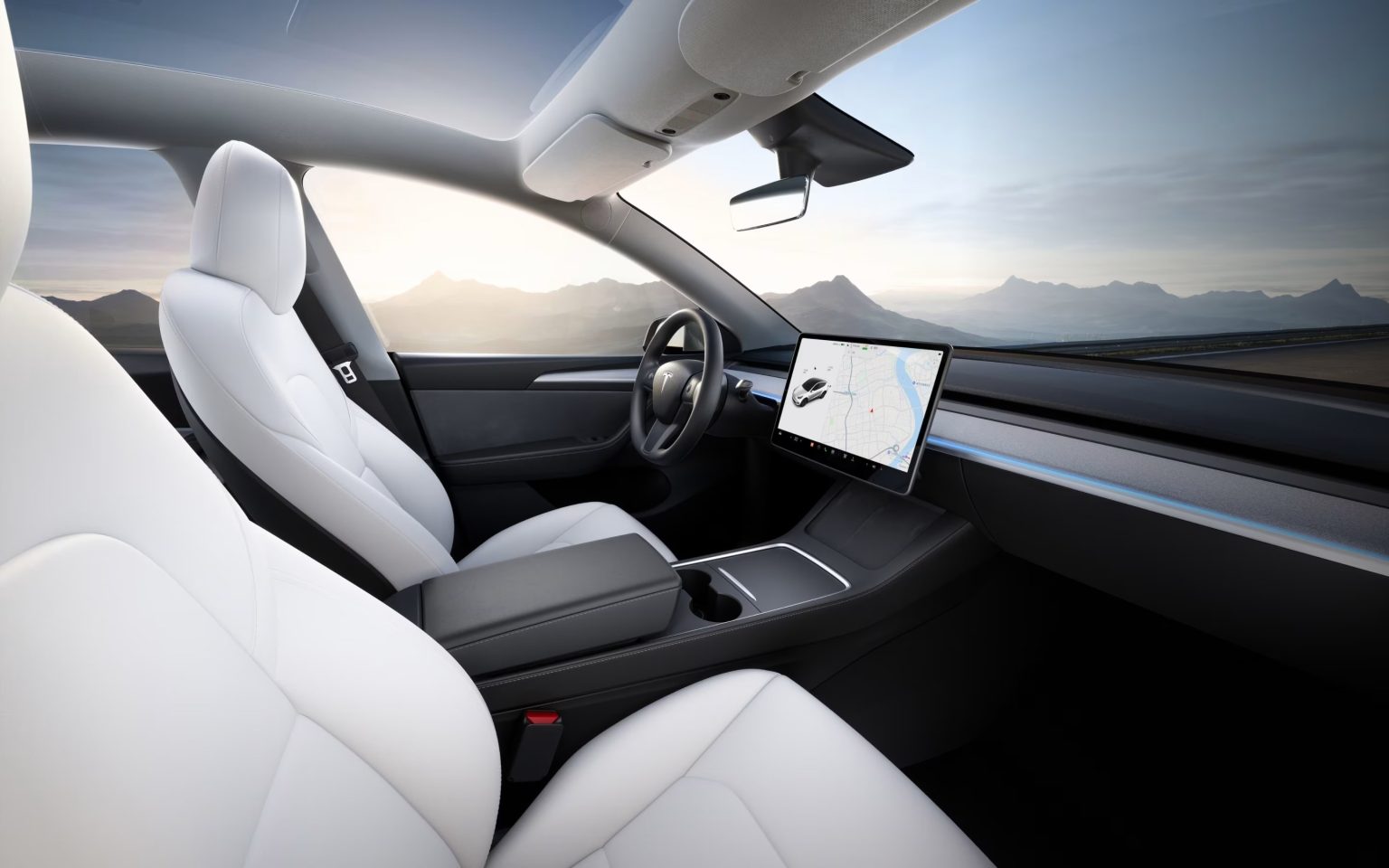Germany is set to abstain from Monday’s vote by European Union member states on imposing provisional tariffs on China-made electric vehicles, sources told Reuters on Friday. This marks the first test of support for Brussels’ landmark trade case.
Provisional tariffs of up to 37.6% on EVs imported from China do not require member states’ approval. However, final tariffs could be blocked if a qualified majority of the EU’s 27 members oppose them.
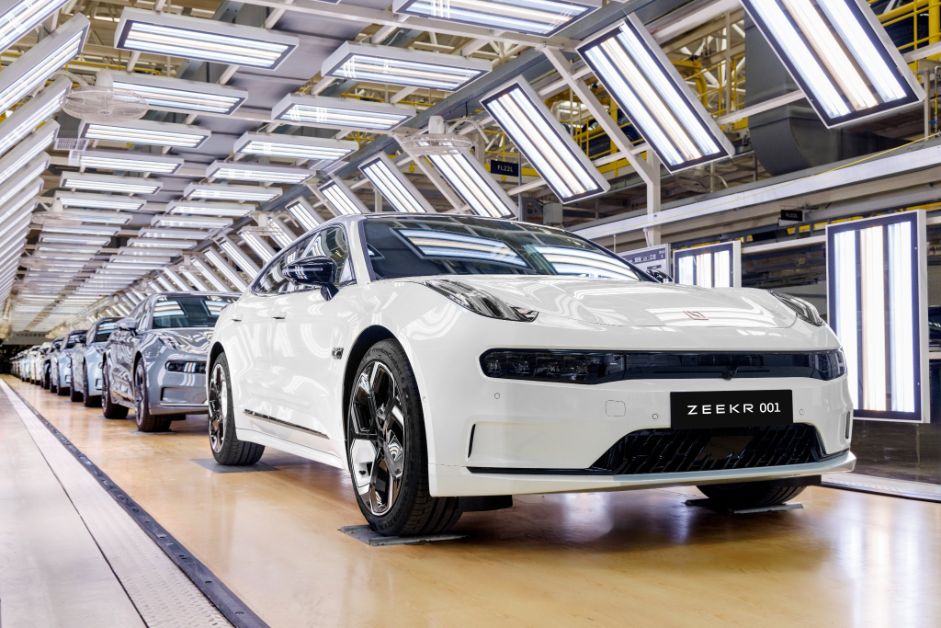
An abstention at this stage effectively backs the European Commission as it negotiates with Beijing over the EU’s largest trade case to date. “Germany will abstain in the spirit of ‘critical solidarity’ with the EU Commission,” one source said, declining to be named due to the confidentiality of the decision.
Germany, the EU’s largest economy, will abstain because the anti-subsidy investigation is ongoing and negotiations between the EU Commission and the Chinese government continue, the sources added.
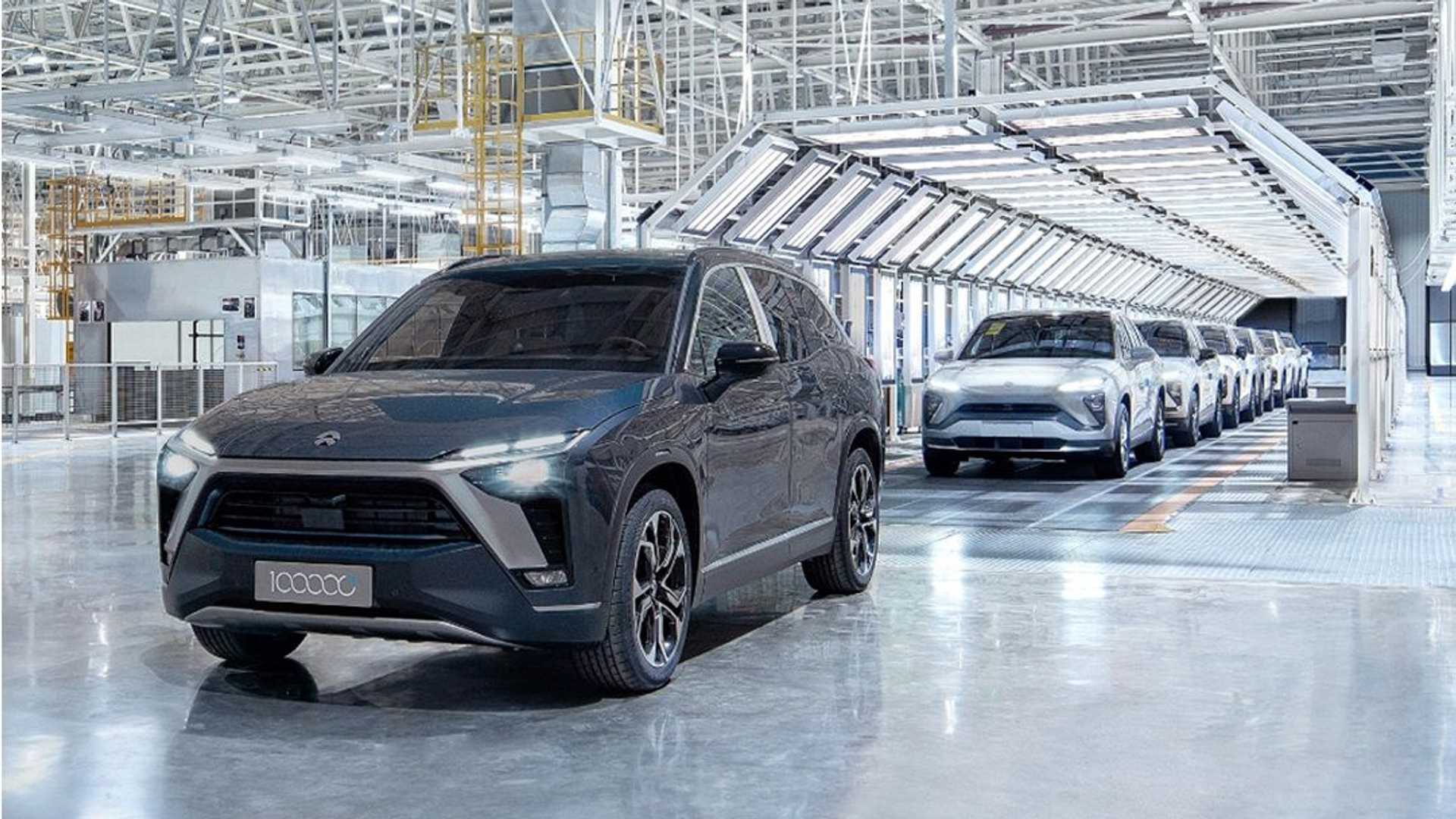
German carmakers, who made a third of their sales last year in China, oppose the tariffs. They are concerned about potential retaliation measures and fear a trade conflict with their second most important trading partner. “These are globally competitive vehicles that have nothing to fear from competition,” Chancellor Olaf Scholz told journalists after a meeting with Japan’s premier. “But we must always make sure the conditions are fair on all sides.”
France has been one of the firmest backers of the case, while Hungary has condemned it. Other member states are still deciding how to vote, with this being the first official test of support for the Commission’s tariff proposal. The EU initiated the probe without an industry complaint, marking the first such trade case of its kind.
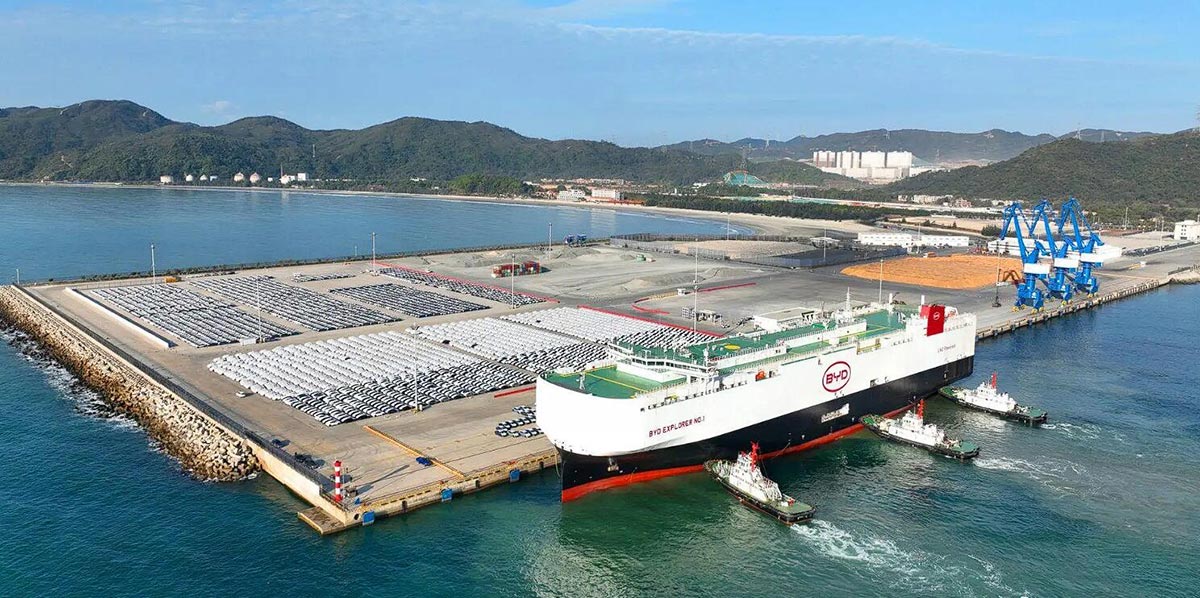
The initial vote, which is confidential and conducted in writing, is not binding. At the provisional stage, the Commission has the authority to impose duties, although it consults EU members and is expected to consider their positions. A final vote will occur at the end of the investigation, where the Commission can propose definitive duties, typically applied for five years.
The Commission argues that duties are necessary to counteract cheap loans, land, raw materials, and other subsidies, aiming to create a level playing field rather than exclude Chinese carmakers, as the United States’ planned 100% tariff might do. A qualified majority, requiring 15 EU members representing 65% of the EU population to be in favor, could block the Commission’s proposal.

